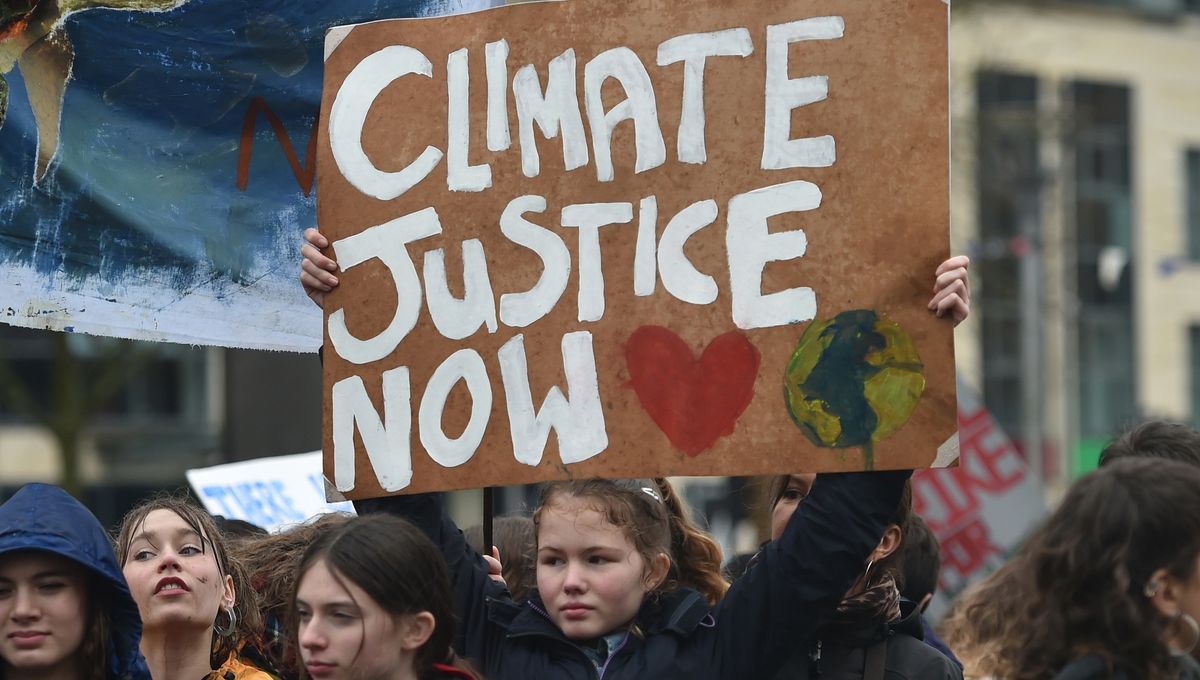
Countries in the Global North have historically been responsible for a larger amount of greenhouse emissions, and there has been a call for them to redress the balance by helping middle- and low-income countries financially towards climate readiness and decarbonizing their economies.
Researchers have looked at a scenario where all countries in the world would have a perfect net zero economy by 2050, keeping warming under 1.5°C (2.7°F). This provided an idea for the amount of emissions that will be released until then. The team took all the emissions released since 1960 and defined a fair share based on the number of people in each country.
Many countries in the Global North have far exceeded that value. People in the US will have had four times their fair share by 2050; people in the UK, 2.5 times. By using carbon prices from the latest IPCC scenarios, the researchers put a value on it: $170 trillion as compensation or reparations by 2050, or about seven percent of annual global gross domestic product (GDP) every year for the next 27 years.
“For the world to avoid the worst impacts of climate change, all countries must urgently stop burning fossil fuels and other activities that emit greenhouse gases into the atmosphere. But not all countries have contributed equally to this problem,” lead author Dr Andrew Fanning, Visiting Research Fellow in the Sustainability Research Institute at the University of Leeds, said in a statement.
“It is a matter of climate justice that if we are asking nations to rapidly decarbonise their economies, even though they hold no responsibility for the excess emissions that are destabilising the climate, then they should be compensated for this unfair burden.”
The team has developed an interactive website to show their data and how they came to the conclusions. The climate crisis is a global catastrophe, but not everyone bears equal responsibility. The scheme proposed here tries, in part, to rectify this major inequality.
“Social movements and negotiators from the global South have long argued that countries that have produced excessive emissions owe compensation or reparations for climate-related damages, which fall disproportionately on poorer countries that have contributed little or nothing to the crisis,” Professor Jason Hickel, from the Institute of Environmental Science and Technology of the Autonomous University of Barcelona (ICTA-UAB), explained.
“We must also pay attention to large class inequalities within nations. Responsibility for excess emissions is largely held by the wealthy classes who have very high consumption and who wield disproportionate power over production and national policy. They are the ones who must bear the costs of compensation.”
The study is published in the journal Nature Sustainability.
Source Link: Global North Owes $170 Trillion To The World For Its Greenhouse Emissions